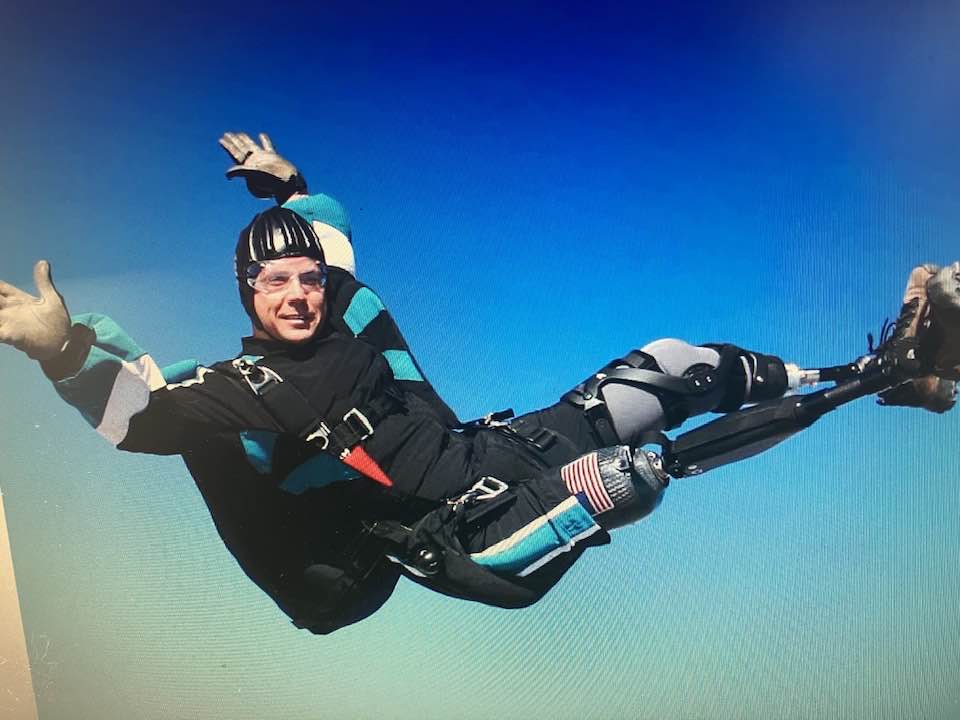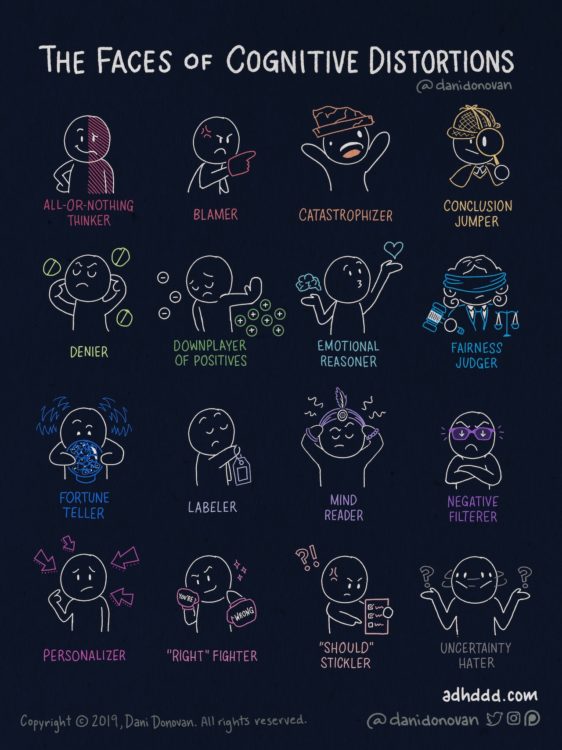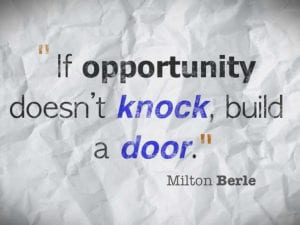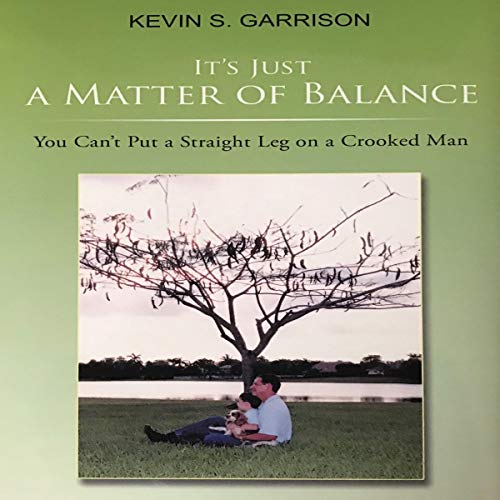Amputee skills defeat pandemic fatigue syndrome, Almost everyone is unusually anxious because of COVID-19. However, being in a constant state of anxiety and stress will not do you any good. After all, stress is known to affect our immune system. So, what should we do? We can try coping with anxiety and building mental resilience by turning to psychology. We find that our amputee skills defeat pandemic fatigue syndrome.
Self-Tolerance

This pandemic has rearranged our self-perceptions. What we took for normal has been substantially challenged. We must bend in the wind rather than break because of our resistance. Now is the time to live with uncertainty and a profound lack of leadership. Self-tolerance is the new rule. We need to counterbalance the desire for stability when this virus takes its toll. We create a new sense of certainty about the future. However, in times like this, it’s okay to be anxious, and the first step to coping with anxiety is being patient with yourself.
However, watch out that your anxiety doesn’t turn into sustained stress, which is detrimental to your health. Instead, identify the things that you can control. Practice self-care by adhering to the World Health Organization’s guidelines: wash your hands frequently; maintain social distancing; avoid touching your eyes, nose, and mouth; and practice cough etiquette. If you have a cough, fever, and difficulty breathing, seek medical care as soon as possible.
Control Your News Input
When a virus that you don’t know you have infects everyone around you before you even suspect it is time to rethink what you do control. Realizing what is burning you like a press gone wild will show how much you need to control your news input. We are in uncharted territory, which is why we may feel helpless and anxious. More often than not, we turn to the news and social media platforms to seek information and maintain an illusion of control. However, consuming too much news or related content can lead to a vicious anxiety cycle. This is again amputee skills defeat pandemic fatigue syndrome,
We recommend controlling your news diet by identifying when to read or watch the news from reputable sources. This can be an hour once a day or twice a day. A schedule ensures that you get essential information. Remember that not every bit of news helps. This is how amputee skills are number 1 beating down pandemic fatigue syndrome.
Stand Together
If you ever face a Brown Bear in the woods, stand together, and the bear will think you are an even bigger bear. It counteracts the ill effects of social distancing. You will find you can put a lid on that free-floating anxiety. A robust social network, whether this comprises the people you live with at home or a group that you meet virtually, will go a long way in helping you become mentally resilient. Use your social skills to stay connected with friends, Use this isolation time to be creative. That makes amputee skills defeat pandemic fatigue syndrome.
Amputee Skills Defeat Pandemic Fatigue Syndrome
Experts say that crises often bring significant societal changes. Setting aside time to process everything that’s happening is vital for your mental well-being. Reflection can mean a long conversation with a friend or a family member, or you can write in your journal. Whatever your chosen method of reflection is, make sure to do it regularly to avoid feeling emotionally overwhelmed.




